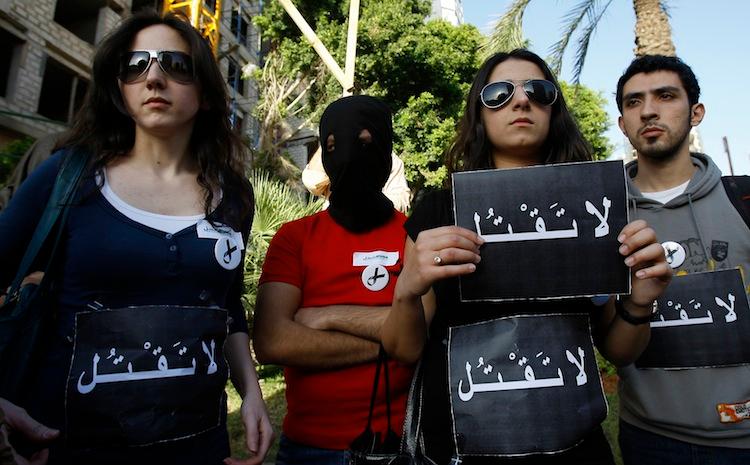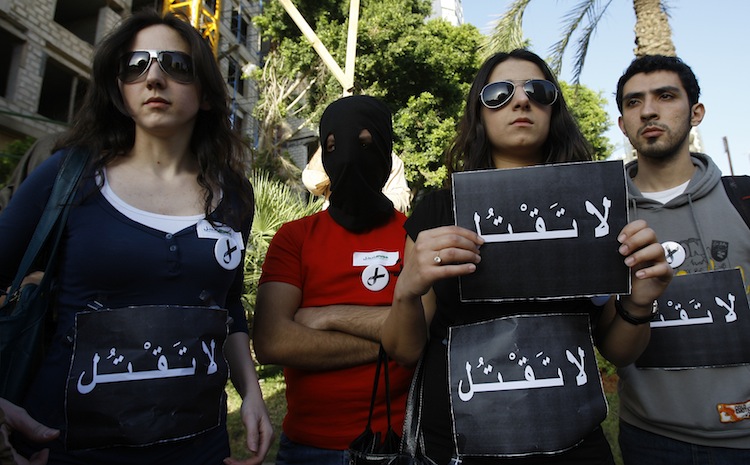A Saudi man found guilty of performing ‘black magic’ has been beheaded, the country’s Interior Ministry said. Muree bin Ali bin Issa al-Asiri was convicted of “witchcraft, sorcery and owning written talismans”.
He was also said to have admitted carrying out adultery with two women, the official SPA news agency reported.
The execution, in Najran province, comes as part of a wider crackdown on crimes of ’sorcery' across the country. In March this year, the country’s Commission for the Promotion of Virtue and Prevention of Vice announced that it was setting up a unit to “fight sorcerers and charlatans in all parts of the Kingdom”.
“The unit has been given orders to immediately arrest sorcerers and charlatans and refer them to the specialized authorities to apply God’s punishment on them and end their harmful deeds against Muslims,” according to a statement at the time from the Commission’s president, Sheikh Abdul Latif Al Shaikh.
Unconfirmed reports suggested that the Commission had been given SR 2 million (US$500,000) in funding from the government to tackle the issue. As a result, executions appear to be more common.The beheading of a Saudi woman in December last year attracted criticism from human rights groups.
“The charges of ‘witchcraft and sorcery’ are not defined as crimes in Saudi Arabia and to use them to subject someone to the cruel and extreme penalty of execution is truly appalling,” said Philip Luther, Amnesty International’s interim Director of the Middle East and North Africa Programme.
“The charge of sorcery has often been used in Saudi Arabia to punish people, generally after unfair trials, for exercising their right to freedom of speech or religion.”
Another case in September last year, saw a Sudanese man executed for witchcraft crimes. According to Amnesty International, the man was allegedly made to confess after being tortured, and was tried without access to a lawyer.
In 2008, popular Lebanese TV mystic Ali Hussain Sibat was arrested in Saudi Arabia and detained for two years on charges of witchcraft. He was originally given a death sentence, but after international pressure, was eventually released.
Part of the problem is that the country does not have a clear legal code. Cases are heard according to Islamic religious laws, and judges often have wide ranging powers of interpretation.
“The judges think they are the interpreters of God’s word, and this is the whole problem in Saudi Arabia,” said Ibrahim al-Mugaiteeb, director of the Saudi-based Human Rights First Society, in comments to the New York Times in 2010.
“We have enormous numbers of examples where the same case was judged radically differently between two judges.”
The Epoch Times publishes in 35 countries and in 19 languages. Subscribe to our e-newsletter.






